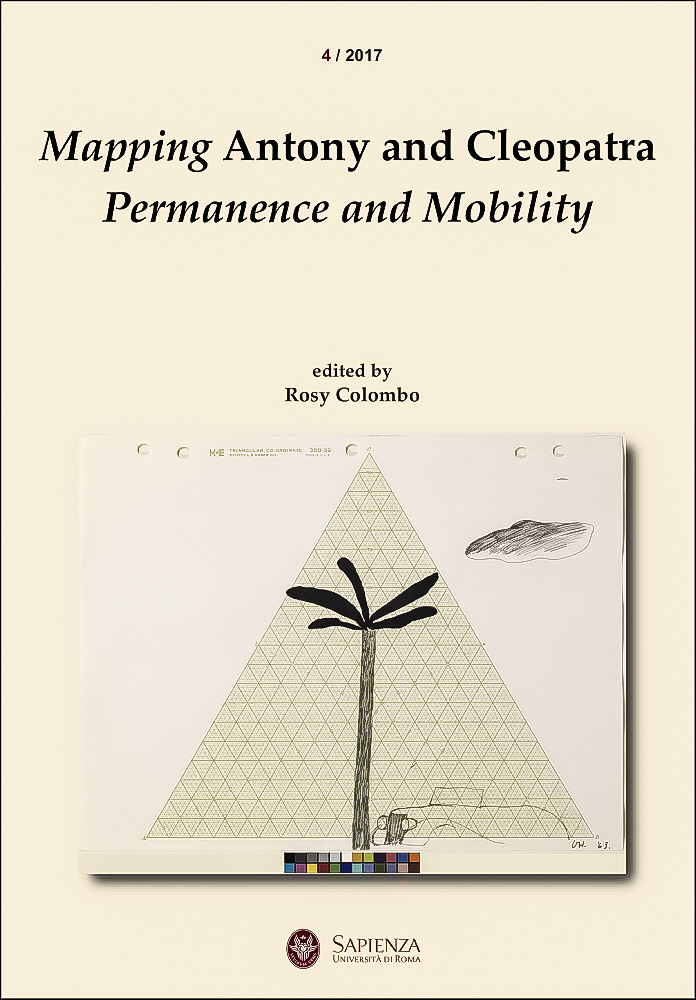Remembering Greece in Shakespeare’s Rome
DOI:
https://doi.org/10.13133/2283-8759/14467Abstract
This paper examines Shakespeare’s reception of Plutarch, whose Lives
furnished his vision of ancient Rome. Examination of Antony’s prophecy of
revenge in Julius Caesar reveals significant continuities as well as revealing
departures. Among other changes Shakespeare imports into this speech Atē
(“blindness, disaster”), which he reads as an infernal spirit of discord.
Shakespeare also translates the mysterious, intransigently alien daimōn
(“god, tutelary spirit, fortune”) into Caesar’s ghost, a Senecan revenge
spirit. George Chapman, Ben Jonson, and the author of Caesar’s Revenge
show similar patterns of adoption. But Shakespeare shows a remarkable
independence from Plutarch and from early modern translators and
playwrights. He rejects the purposeful supernaturalism in Plutarch that
renders Roman and Greek history moral and comprehensible; he also
rejects the contemporary adaptation of this supernaturalism into a
Christian hermeneutic. The march of Roman history in Julius Caesar does
not manifest God’s controlling hand.
Keywords: Julius Caesar, Plutarch, Sir Thomas North, Atē, Daimōn,
Classical reception


